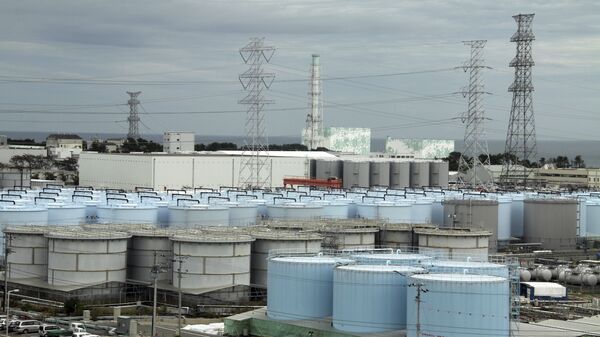"If it's deemed necessary, we will … closely cooperate with our neighbors in the Pacific … to actively cope with the problem of the discharge of contaminated water," a South Korean Foreign Ministry spokesman was quoted as saying by the Yonhap news agency.
Spokesman Kim In-chul told reporters that Seoul became aware of the plan last August and had proposed bilateral and multilateral talks. It also wants to ask Tokyo to share details on the water disposal plans, he said.
Japan unveiled its plan last year, prompting backlash from environmental protection agencies.
TEPCO, the utility managing the power station, said it was running out of place to store the water that had come in contact with the nuclear fuel following the 2011 Fukushima meltdown, which was triggered by a powerful earthquake and tsunami.


